Text:
Maria [Bessie] Vyborny was born in Radovensnice
[Radovesnice],
Bohemia, December 9 [1855] near Prague. Her father was Joseph
Vyborny and her mother was Elizabeth Simon. Joseph
Vyborny's old home was in
Osek Bohemia. Vyborny's are an
old old Vyborny family of Osek where one of the Vyborny
forefathers was knighted. One can trace the family 500
years where one Vyborny was knighted by King George of
Podebrad, the only Protestant Bohemian King and his reign
was the golden era in Bohemia. A Democratic King.
The Vyborny ancestors were freemen when everyone else
were Serfs. In 1618 Bohemia lost her independence. All
the people became Serfs and in 1848 they became free but
had to pay for their freedom. The Vyborny's were among
the freemen (always free before Bohemia was lost) and
they were knighted around 1500. The old Vyborny family
lived on the old homestead near
Kolin for hundreds of
years (Obzerstvya [?] Village).
Grandpa Joseph Vyborny was born
in Kolin, Bohemia and attended college in Kutna Hora (in the
mountains - this abbreviation was used frequently in
Bohemia thru the 19th and the first half of the 20th
century, singular of "Mountains" is "Hora" in Czech).
From there he went to college in Prague
Bohemia
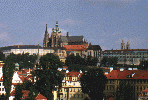 Prague, Bohemia.
Prague, Bohemia.
(click to enlarge
the picture)
and was there in the revolution in 1848. He escaped
(16 years old). He was with another student in the
escape. The student with Joseph Vyborny was shot and they
thought Joseph was killed. That was the way he got away
even after searching for him. Joseph Vyborny's brother
Matej Vyborny was a Professor in the University of Prague
(Auntie Cladek). His son was a Catholic Professor in a
Catholic college and became a Vicar. That is next to a
Bishop in Prague. Joseph Vyborny's father was from an old
Hussite family. (Jano Huss, 1369-1415, Bohemian religious
reformer and martyrs did not believe in going through the
priest). The family felt terrible about him becoming A
Vicar.
 The monument of Jan Hus,
Prague.
The monument of Jan Hus,
Prague.
(click to enlarge
the picture)
Grandma Vyborny was born in Bohemia before
it became under the rule of Austria. Feeling the weight
of the Austrian and German yoke, her father planned to
give up the old home and association and migrate to that
new free country they had heard so much about.
At the age of eight Maria Vyborny with the family left Europe in a sailboat (1868) and after a perilous trip of six weeks on the Atlantic Ocean, they landed in Baltimore. After a stay they traveled by train as far as it went. They set out for the great west. On the way through the wilderness, in Iowa they stopped to visit their cousins pioneers who preceded them several years into America. There were five sons in this family. The father was Vratislav. Sons were Vaclav, Jano, Frank, Joseph, and Vratislav. Once after threshing wheat, these five boys hauled it for several days over the wild prairie trails into market. On their last trip into markets they first heard of the news of the Civil War. Four of these young men enlisted and the youngest brother was sent home (Vratislav with the teams and wagons and the four brothers fought in the war between the states throughout the four years). [Maria was born in 1855 and was therefore thirteen years old when she moved to the America. The father referred to as Vratislav is actually Jan Wyborny (*1811). Jan's sons, Vaclav, Jano, Charles and Joseph fought in the war between the states. Charles died of Typhoid Fever during the war. There was also a younger brother Miloslav who died in 1862. Therefore both Charles and Miloslav died before Maria came to America.]
Milton Vyborny, Joseph's father had a farm. His
wife and daughter lived six miles south of Petersburg
[Milton Wyborney is the eldest son of Vaclav (Henry) Wyborny].
Vaclav Vyborny, after Civil war bought a farm
14 miles from Petersburg, Virginia but he moved west,
first to Verdigre, Nebraska. From there he went to State
of Washington, to his son Charles close to Spokane Falls,
Washington, where he died.
[Vaclav spelled his name Wyborny however his descendents
spelled it Wyborney].
Vratislav, Frank, and Jano (John)
lived in Mitchell, Iowa. Maria Vyborny lived there
with them and taught school there and two years later,
she and her parents migrated from cousins home in covered
wagons, and after weeks of blazing the wild prairie
trails they landed in the southeastern part of South
Dakota. Her father filed on government land, thirty miles
from Yankton, then the only town in that wilderness and
capitol of territory comprising of North and South
Dakota, Wyoming, Montana and Minnesota.
[At the present time there is no other evidence
that Josef's (*1828) family lived with Jan's (*1811) family.
There is evidence that Josef's family lived at Ely, Iowa
nearly 200 miles away. If Maria taught school near Mitchell,
Iowa it was probably some years after moving to South Dakota.
Vratislav is also referred to as Bradek. They also had a
brother John who also lived in Iowa].
Logs were hauled from many miles from the Missouri
River. With these they built a large house. They plowed
the raw prairies into fields. One year they reaped a
bountiful harvests next year their fields of grain and
corn would be entirely eaten by grasshoppers. Then there
would be droughts to ruin their crops, or an early frost
would freeze the ripened grain. But still all these
prosperous and many lean years they labored on and her
old home now is one of the beautiful modern farms. The
country to which she came was a vast trackless prairies
roamed over by the Sioux Indians, wild buffaloes, now the
country is thickly settled with modern farms, trees,
orchards and gardens.
As a young girl she like other pioneer girls went
into town to work or to teach in schools. In 1874-75, she
worked in Yankton Agency, Charles Mix County of the
Missouri River 40 miles from Yankton. She worked for a
Major who was an Indian agent. While living in Yankton,
Maria remembers General Custer and his army camping there
and how the poor soldiers unused to the cold climate
suffered greatly. They day they were leaving on their
last march to Montana, they marched through the town.
In 1876 her father Joseph Vyborny, traveled in covered
wagon to the Black Hills in the time of the big gold
rush. He was one of the first men on the site where
Deadwood & Leeds is now located. He had raised wheat
and made flour which was very scarce in this part of the
country. People who had found gold, traded it for the
flour.
In Yankton Maria married Joseph Teibel in 1878. They were neighbors to the Teibels. She was a woman of high ideals, literary taste, strong character the quality of character that makes a pioneer woman's career a mark in history. She braved many a hard year, in building up a farm and home and her help to man in building up the towns and the state. After a life full of usefulness and adventures she passed away on July 29, 1924.
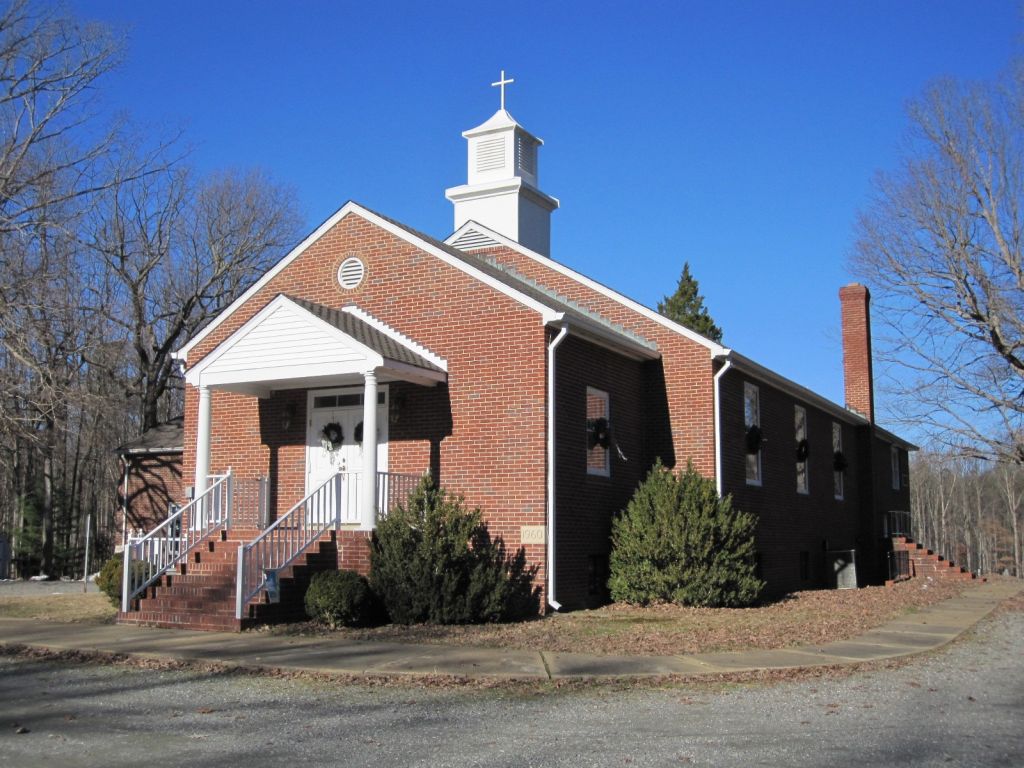
|
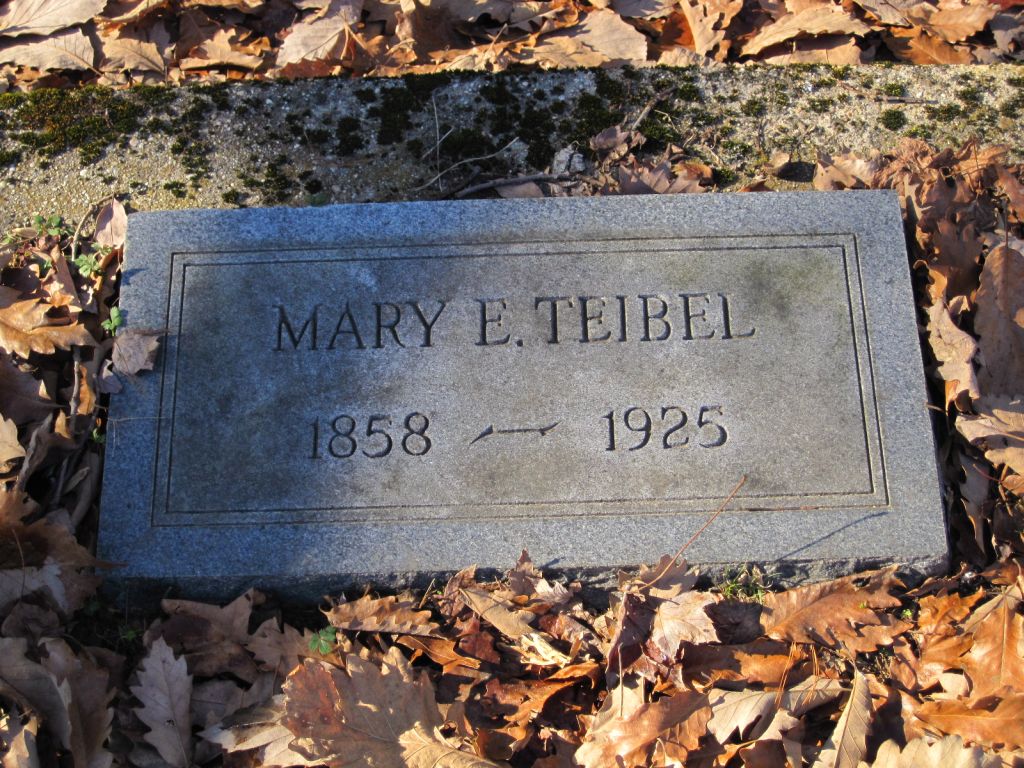
|
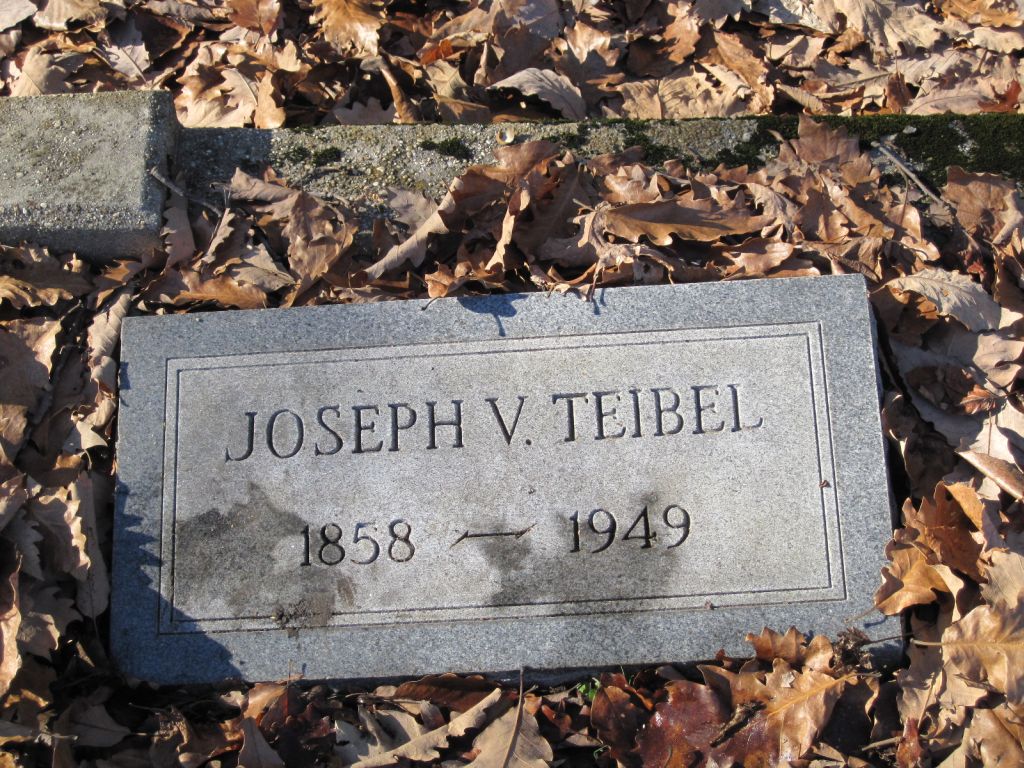
|
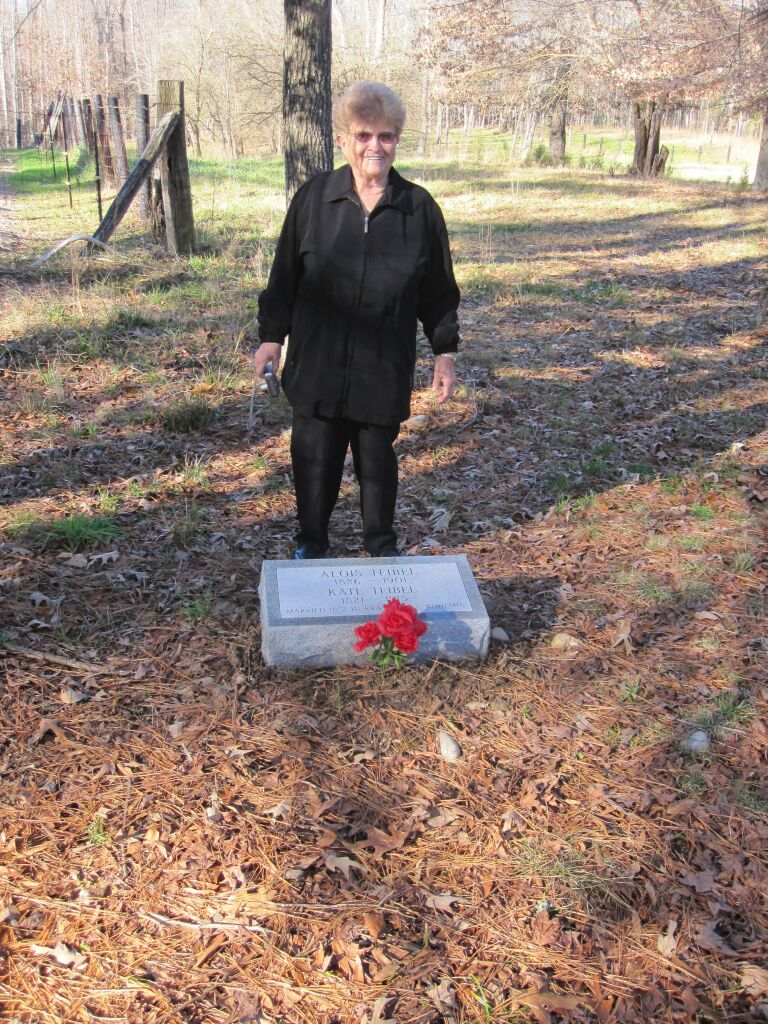
|
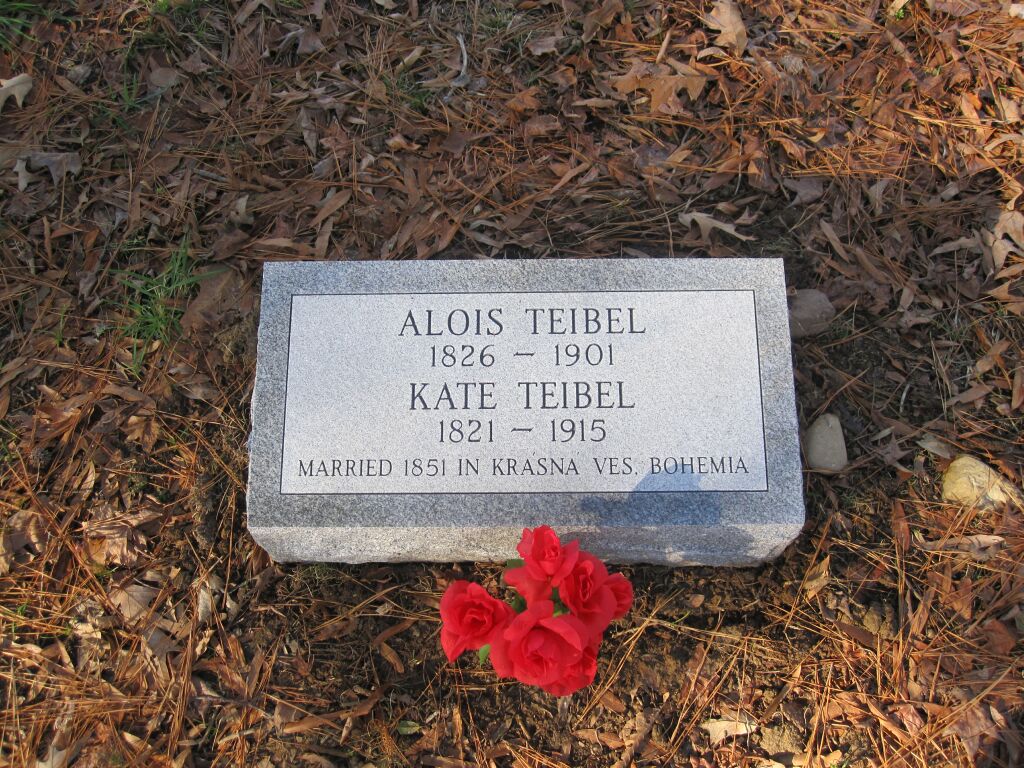
|
Discussion:
The difficulties and vagaries of life on the Great Plains
at the end of the nineteenth century come through clearly
as does the fortitude of those who overcame them.
Recent archive searches indicate the first two paragraphs
of the text of Bessie's story refer partly to the early
ancestors of the Zert family. The maiden name of Katerina,
the mother of Josef(*1828), was
Zert. Also the transcription of the name of locality of
Jan Zert's farmstead (
Bristvi #18 which is adjacent to Krechor
village) is referred to as "Obzerstvya Village" in the story.
As a whole the story seems to be based on real facts.
Also the trauma inflicted on the Czech people by their defeat
at the Battle of White Mountain in 1618 is based on historical
fact. It would be helpful to compare data (personal names,
dates, names of localities, etc.) given in the present
recollections to the data available in Czech archives.
This has not yet been done completely so far [see also
the archive document page].
When this Web site was first constructed in 1998, other
archival data were not available.
It was that time possible to start only to analyze Bessie's data
by careful comparison with the contents of other
webpages describing the same events:
(1) the present
recollections of "Bessie";
(2) the webpage about
Josef(*1828), the first Mayor Tabor, South Dakota;
(3) the data in "The Book" about the Vyborny's of Libenice No.8 ,
describing the members moving to America, and
(4) of the webpage presenting the biography of Jan(*1811)
including
the next part of it.
Even such limited informatin showed clearly, that despite certain
distortions (caused by the long period of time passed since
those events, etc) it is still possible to discover certain
common data even from quite different individual information
sources. This comparison does show a certain "information noise"
that is not uncommon even when taking into account such highly
reliable information sources as archive data, etc. This need not
preclude a final solution of the study, however.
Contact:
cv@vyborny.com
Last updated: Dec 29, 2011